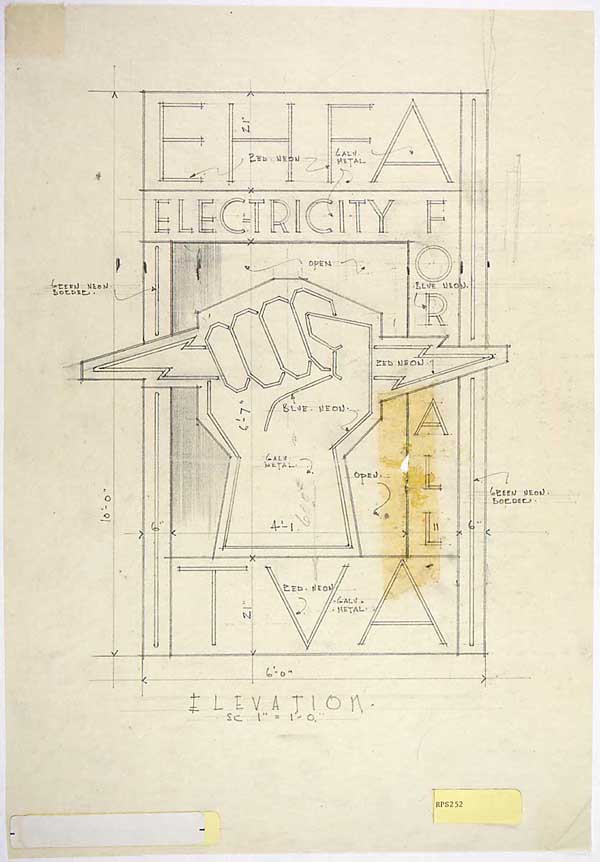Option one: Exploring the Utility of the Lost Cause in the New South
A central theme running through all of our readings, lecture materials, and film is the notion of the "Lost Cause." Yet as an intellectual concept, the Lost Cause served many different masters - to wit, different people sought to salvage from or be inspired by different things from the memory of the Old South. Moreover, their varied memories of the Lost Cause correlated directly with their experiences, fears, and ambitions in the New South. In your essay, explore the range of attitudes toward the Lost Cause and Old South among figures as diverse as the Percys, Thomas Dixon, Henry Grady, H.L. Mencken George Littlefield, and the numerous others who have appeared in your course materials. Be sure to consider fully both what each figure cherished about the Lost Cause's romanticized vision of the past and, alternately, how aspirations or fears in the New South influenced their embrace of the Lost Cause. As a rough guide, depending on the individuals you select and how deeply you explore their thoughts, I think that anywhere from three to five contrasting portraits would supply the basis for a good essay. As with any essay option, make certain that your essay bridges a minimum of four sources.
Option two: Race and Class in the New South
Our readings in the first third of this semester come at us almost entirely from a white perspective or narration, and are heavily prejudiced toward those elites who either held the reins of political power or enjoyed the esteem of the intellectual or financial sector. These individuals had a great deal to say about the place of race in the New South, but also about the nature and viability of the old southern aristocracy. One thing is for certain, elite whites were not of a single mind in their attitudes towards those whom they identified as their social inferiors. In your essay, explore the range of attitudes held by white southern elites toward poorer whites and black southerners. Be sure to articulate the influences that shaped these world views. For instance, you might effectively compare and contrast the visions of Thomas Dixon (through Griffith's Birth of a Nation) with William Alexander Percy, exploring where they differ and are the same. Make sure you round out your analysis with other sources to establish the requisite minimum of four.
Option three: The Perils of Progress and the New South Creed
The advance of progress, or more accurately, "modernity" unleashed tensions in southern society between those who looked askance at the changes in their midst and those who actively promoted such change. The New South Creed emerged as a strategy for reconciling these two disparate impulses, but this philosophy made an imperfect marriage between the old and the new. Explore in your essay first the ways in which the New South Creed was successful in pairing incongruent ideas and then explain why over time the concept became increasingly unworkable as the South entered the 1920s and 1930s. Again, there is a four source minimum.
Sources: A KEY objective of your essay is to show me how well you have read and thought about the assignments that we have considered in this class. Please do not bring in material you have read for other classes no matter how relevant and articulate. I will not count any of it toward your essay's grade. Recycling is fine for aluminum cans, not for this class. The questions have been crafted so as to allow you to discuss themes across the sources provided. If you address a particular point that is extensively and directly covered by one of our readings and you do not use that reading (likely because you have not read it) it will leave a glaring hole in your essay and be marked accordingly. YOUR ESSAY must incorporate at least FOUR different sources listed below in some meaningful fashion.
Citations: When quoting a passage from a written work, use parenthetical notations such as (Cobb, 224) or (Percy, 117). I do not need a bibliography, as I assume that your sources will be the following:
- Lectures 1 to 3 & class discussion
- Cobb, Away Down South, Chapters 3 and 4
- Daley, "Massacres and Manners"
- Percy, Lanterns on the Levee
- Primary documents from Walter White, Henry Grady, and W.E.B. DuBois
- Birth of a Nation
- Fatal Flood (do not forget that the full transcript is available online)
- Young, "Not in Memoriam but in Defense"
Plagiarism: Many students are confused about what constitutes plagiarism. It is not simply taking word-for-word the text of another. It also includes making close summaries of ideas that others have formulated and not crediting. I periodically run across fragmentary plagiarism, where clauses or otherwise partial sentences will be copied out of the text. Consider that your instructor has read the works for this course numerous times and will be able to quickly spot such instances of plagiarism. So please make sure your work is your own. All violations are subject to receiving a zero on the assignment.
Due Date & Turning in your Assignment:
You can turn in your completed essay in a printed form to my mailbox on Thursday, February 26 NO later than 2:30 PM. Class will not meet on Thursday.
ALTERNATIVELY, if you can successfully turn your paper into a Google Document and share it with me online, I will grade it online. Note, however, that I will not print out your paper, but grade it using Google Documents and return it to you electronically. If you choose to submit your paper as a Google document, you must use the following naming convention: H332LASTNAME-ESSAY1 for your document. I must also receive this document by 2:30 on Thursday. I will NOT be accepting emailed papers.





